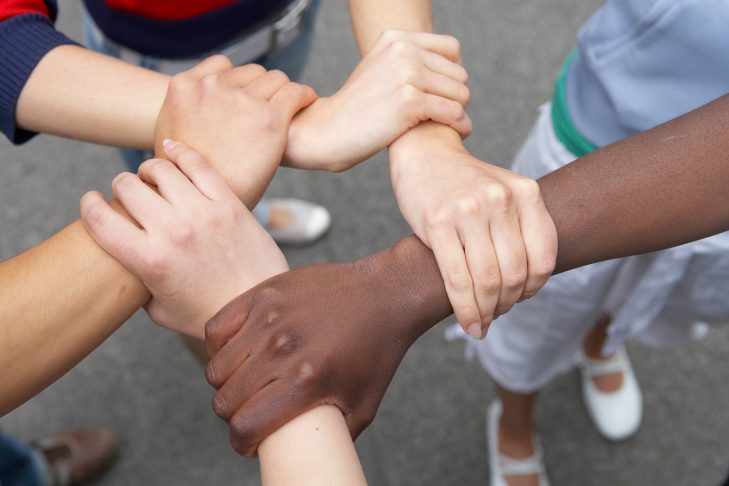We sat in a circle; I spread some inspirational reflection cards on the table and asked the participants to pick a card and share their response to a question that used to be very simple: “How are you?”
In the quiet room, the women in the group tried to find a card with an image that reflected their feelings, expressing the prevailing mood during times of war.
But what are they feeling? One of the challenging questions these days.
One woman looked at me with teary eyes and a painful gaze.
Then she whispered, “My son is a soldier, he’s in Gaza. I haven’t seen or heard from him since the beginning of the war. I’m worried.”
My name is Einat Elazar. My parents made aliyah to Israel shortly after its establishment. My mother is the daughter of a Partisan (fought in World War II), a Holocaust survivor who lost many family members, and my father fought with the Red Army against the Nazi regime. A survivor who lost his wife, daughter, parents, and brother. Two people who met after the war and chose to build a home in Israel after its establishment. My father, a Holocaust survivor, was sent to a labor camp, and he and my mother were expelled from their home. My father’s parents came to Israel after the establishment of the state to build and settle here.
I am 51 years old, born just before the Yom Kippur War, raised on stories of wars and the Holocaust, and experienced a terrorist attack in Tel Aviv myself.
Despite everything, despite the fear and difficulty, I understood that Israel is my home.
On Oct. 7, everything changed in Israel. Residents of the southern part of the country, around Gaza, were attacked. Their home, our home, is no longer a safe and stable place.
The stories reminded me of the horror stories I grew up with and the stories I never believed could happen here.
Hamas’s cruel attack left us in pain, numb, and insecure about our future.
As a coach and facilitator, I know that the fastest way to regress is to stay in one place.
Therefore, I developed resilience workshops based on resilience models aimed at helping people create a functional reality and move forward.
In times like these, it is important to conduct resilience workshops to strengthen the backbone, the residents of Israel. To maintain hope through action, positive thoughts, and proactivity that will help create a better future.
We must be strong and act for the sake of creating a proactive atmosphere.
I led several resilience workshops within CJP’s Boston-Haifa Connection for students and several women leadership groups; all are olim from Ethiopia who reside in Haifa. The meetings with the participants of the programs were very exciting. In these times, it is unclear whether people will come and want to work on their feeling of well-being, as the participants themselves are mothers of soldiers, women to men in the reserves, brothers, sisters, and friends; they do not “have the time” to think about themselves.
Yet the group members came, shared their complex emotions for this period, and set tasks for themselves and their environment.
In these meetings as a facilitator, I try to provide participants with a line of action that will allow the creation of a routine. The opportunity to help and create activities to strengthen hope is an opportunity and a way for me as a facilitator.
Last Friday, I went with my partner and his children to collect stones representing the number of captives, painted hearts on them, and left them on the beach as a symbol.
I believe that good thoughts, intention, and action can pave the way for a better reality.
I carry a prayer that the captives will return soon, that our soldiers will come home safely, and that we will merit better days.
Einat Elazar is group facilitator in CJP’s Boston-Haifa Connection “Shagrirot” (ambassadors) program, lecturer, coach and human resources manager.


